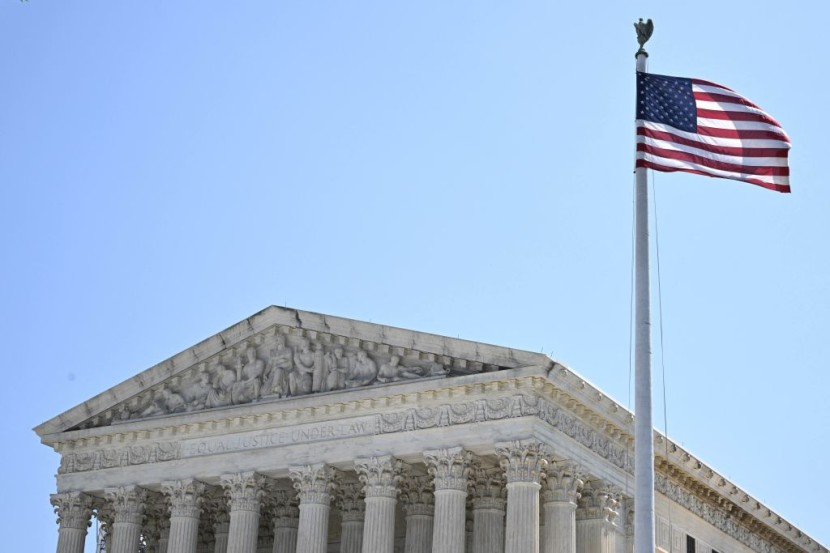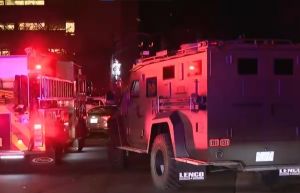
- Supreme Court rules in favor of Glacier Northwest Inc., allowing the company to seek a strike damage claim against a local Teamsters union
- The majority of the court found that if the employer's accusations were true, the union's actions during a strike were not protected by federal law
- Among those on the Supreme Court, only Justice Ketanji Brown Jackson dissented from the ruling
The United States Supreme Court has ruled favor of Glacier Northwest Inc., allowing the company to seek a strike damage claim against the International Brotherhood of Teamsters Union.
The majority of the highest court found that if accusations made by the employer were true, the local Teamsters union's actions during a strike would not be protected by federal law. This is due to the union taking "affirmative steps to endanger" the employer's property instead of taking precautionary measures to mitigate that risk.
Supreme Court Rules Against Union
Justice Amy Coney Barrett wrote the opinion, joined by Chief Justice John G. Roberts Jr. and Justices Sonia Sotomayor, Elena Kagan, and Brett M. Kavanaugh. Three conservative justices instead decided to back more sweeping concurring opinions. As per the New York Times, only one justice, Ketanji Brown Jackson, dissented from the ruling.
Various legal experts argued that a ruling against the union would only discourage workers from joining strikes by making the union arguably liable for losses that an employer incurs during a stoppage of work.
In a statement, a law professor at the University of Minnesota, Charlotte Garden, said that the ruling would lead to more expensive-to-resolve lawsuits against labor unions. However, the professor noted that the court's recent decision is less far-reaching in discouraging strike activity among unions than it could have been.
Some argued that the Supreme Court's ruling was needed to discourage workers from intentionally damaging an employer's property. Federal labor law does not protect this act, and such restrictions do not hamper the right to strike.
Damage to Property
The incident that the Supreme Court ruled on happened in 2017 when union members walked off the job, leaving wet concrete in their trucks. According to NBC News, Glacier Northwest Inc. argues that the union is liable for intentional damage to its product.
In the ruling, Barrett said that a state court was mistaken when it dismissed the claims at such an early stage in proceedings. They were made based on the state court's concerns that the claims conflicted with the National Labor Relations Act (NLRA), which protected union activity.
On the other hand, Jackson argued that the latest ruling would likely result in considerable confusion among the lower courts. This relates to how preemption under the NLRA should apply in future cases. She also argued that the decision "risks erosion of the right to strike."
In recent years, the Supreme Court, which has a 6-3 conservative majority, has been leaning toward curbing the power of labor unions in rulings. In 2021, the court's justices struck down a California agricultural regulation that sought to help unions organize workers, said Reuters.
Related Article: US Sues West Virginia Governor's Coal Empire, Seeks Payment
© 2025 HNGN, All rights reserved. Do not reproduce without permission.








